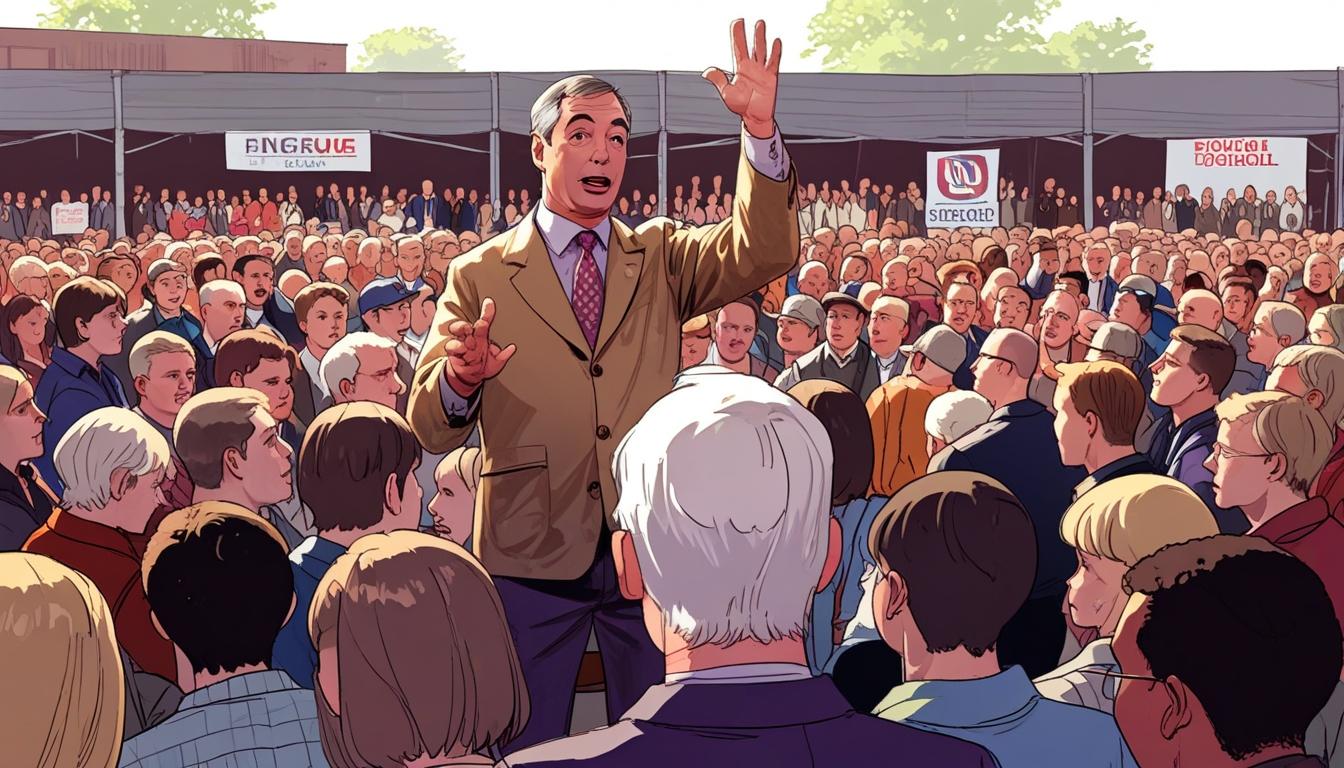In a decisive electoral victory in Lincolnshire, Nigel Farage's Reform UK party has captured significant attention, reflecting a growing wave of populism in the region. The results signal a shift in the local political landscape, as Reform UK positions itself as a significant force in British politics.
John Harris and John Domokos of The Guardian embarked on a road trip through Lincolnshire, an area often characterised by its working-class roots and a mixture of rural and urban challenges. The journey took them through various communities where sentiments of anger, sadness, and fear were palpable, particularly in the context of economic uncertainty and changing social dynamics. Many local residents expressed frustration over issues such as job security and healthcare access, which they feel have been inadequately addressed by traditional political parties.
Despite the sweeping victory for Farage's party, Harris and Domokos unearthed stories of resilience and innovation among locals striving for a more hopeful political future. They encountered individuals and organisations committed to fostering dialogue and collaboration across the political spectrum. This grassroots movement seeks to address the underlying challenges faced by the community, transcending the divisive narratives often associated with populist politics.
The presence of Reform UK in Lincolnshire highlights the ongoing realignment within British politics, where disillusionment with established parties has catalysed a search for alternative platforms. Farage's rhetoric, appealing to nationalist sentiments and dissatisfaction with the status quo, has resonated with many voters. As the political landscape evolves, Harris and Domokos emphasise the need for acknowledging both the anger that led to Reform's rise and the emerging voices advocating for cooperation and unity within the community.
The road trip not only chronicles the immediate political developments but also shines a light on the broader themes affecting the UK, particularly in regions grappling with economic difficulties and cultural shifts. The dual narrative of anger and hope presents a complex picture of a society at a crossroads, with activists and community leaders working to carve out a path towards a more inclusive political dialogue amidst a backdrop of uncertainty.
As the effects of the recent elections continue to unfold, Lincolnshire may well serve as a microcosm for the evolving political narratives across the country, illustrating both the challenges and potential for constructive change through grassroots efforts and shared humanity.
Source: Noah Wire Services
